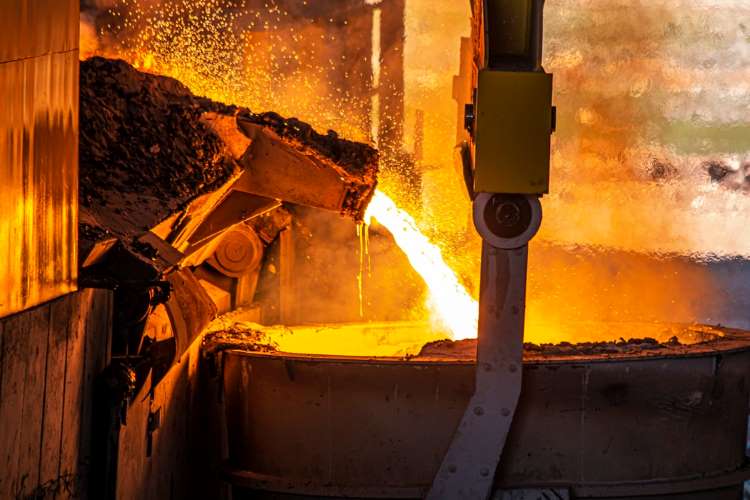
Industrial metal prices have tanked amid fears of a looming global recession triggered by the coronavirus pandemic and the Russia-Ukraine war. The impact is likely to be worse since the 2008 global financial crisis. Copper, which is considered a great economic bellwether, has plunged to a 16-month low and is also on course of one of the biggest monthly losses of the past three decades.
Other metals are facing a same fate with nickel losing about 13% and tin 22% in their worst week since 1980s. Similar price checks were also witnessed in aluminium and zinc. While fall in commodity prices may be good news to the manufacturing industry, the slump is indicative of a gathering storm.
Why metal prices are falling
Since the usage of metals goes far and wide, a fall in prices signals to a bigger problem brewing ahead. Take for example copper, which is used in everything ranging from heavy industrial machinery to advanced electronics. Analysts accord special importance to the red metal with the belief that copper prices move in tandem with the global economy and hence can predict where the economy is headed.
ALSO READ- PMGKAY: India may withdraw its free food scheme
Metals industry hence is closely weaved with economic shifts. A slump in demand for metals simply means that businesses closely related with the industry, be it home appliances, automobiles or construction, have taken a toll.
Brewing trouble
The metal industry’s prospects look worrisome considering the lockdown in China has started to ease and traders are hopeful of more price cuts in metals. The prices are falling fast as worries intensify for global recession in the top industrial economies of the world. That the US Fed recently tightened monetary policy to fight inflation is a further cause of concerns. For now, analysts claim that the metal prices are not expected to recover any soon.
The prices of aluminium on the London Metal Exchange (LME) plunged 36% in the past two months. Prices of steel (HRcoils) are ruling at around $1,120 per tonne, which is a fall from $1,540 /tonne in early April, while zinc is trading at levels of $3,485/ tonne compared with $4,563/ tonne in mid-April. Meanwhile, copper is trading at a 20% low from its high in March.
The recent fall in the prices of the metals is a great reversal in fortune for the industry which saw a dramatic uplift in the past two years when metals surged on a wave of post-lockdown optimism. The inflation predictions were then also in limits however, the same has now gone off the roof. While the supplies are still tight, demand is falling amid the fears that the world will be facing another bout of recession.
There is a slowdown in industrial activity due to a fall in the demand. And this is not a region-specific problem. Industrial activities have slumped across major economies in the world and a slump in demand in China is also worrisome. China alone consumes half of the world’s red metal.
But, could it be possible that some industries may actually be gaining from the metals’ loss? Some industries have actually found breathing space with the metal price plunge. For example, firms in user industries such as capital goods and infrastructure may actually be celebrating the fall. As per analysts, these companies have been reeling from the impact of commodity inflation for some time now and may now find some fattening of margins.
The fall in steel prices also brings relief to the automobile industry as the metal is a major component of the raw material requirements of the industry. Prices of the metal corrected since the central government decided to impose export duty on steel effective 22 May. Prices for domestic hot roll coil (HRC) are expected to revise further. Indian steel exports have been gaining momentum owing to the disruption caused by the war between Russia and Ukraine. Russia is a key exporter of steel, coking coal and pig iron.
Prachi Gupta is an Assistant Editor with Policy Circle. She is a post graduate in English Literature from Lady Shri Ram College For Women, Delhi University. Prachi started her career as a correspondent with financialexpress.com. She specialises in policy impact studies.


